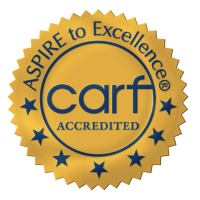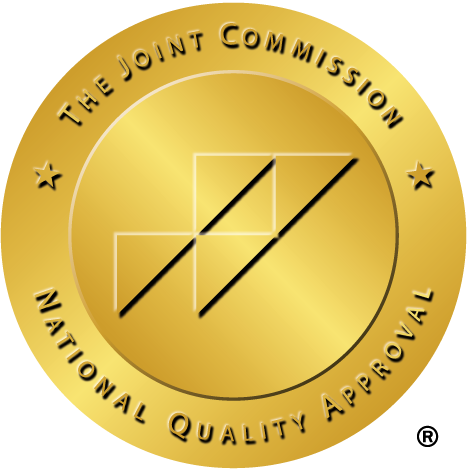
Risks of getting into addiction once again are very high. It’s better to avoid alcohol altogether and seek support. Dealing with alcohol addiction is tough, especially when considering if it’s possible for you to ever drink again. For many, rebuilding a relationship with alcohol might sound appealing but this also brings many questions and fears. Some might wonder if controlled drinking or moderation management is an option.
Can you start drinking again and drink in moderation? Is there a risk of falling into the trap of alcohol abuse once more if you start drinking? Or is it safer to stop drinking and abstain from alcohol completely? These are common concerns of people who are undergoing addiction recovery or those who are worried that their loved ones may relapse. In this blog post, we will try to give answers to these questions.
Is it possible to drink again after an alcohol addiction?
It depends as every person has their own unique journey towards recovery and what works for one person may not work for another. For some, the thought of drinking again might trigger a relapse while others can successfully incorporate alcohol back into their lives. There are different factors to consider such as the level of addiction, personal triggers, support system, and overall mental and physical health before deciding if it is possible to drink again.
While there may be people who can successfully transition into social drinking, the majority of people who have overcome alcohol addiction are not as lucky. The reason for this is that alcoholism alters the brain’s chemistry and changes how the body responds to alcohol. This means that even a small amount of alcohol can lead to cravings or triggers, which may result in relapse.

It’s not recommended to drink immediately shortly after rehab. The main reason you had to go to rehab in the first place is that the addiction is uncontrollable on your own. This means that just because you completed treatment and are sober for a while, doesn’t mean that you have overcome your addiction completely and can resume drinking. It is important to continue therapy, support groups, and other forms of aftercare to maintain sobriety.
How do I know if I'm at risk of a full-blown relapse?

Let’s say you’ve been sober for a few years and you have recently started drinking. It may have started with a drink or two during get-togethers, and then you find yourself drinking more frequently and in larger quantities. It seems that you’re still under control but you’re afraid that you may end up going back to your old ways.
When you experience withdrawal symptoms when stopping alcohol consumption, this can be a sign that it might be best to avoid drinking altogether. Talking to a medical professional can help decide if moderation is possible or if staying away from alcohol is the best choice. They can best advise potential risks and help you make the right decisions.
Recovery after a relapse often means going through alcohol treatment again. You’ll be back to square one and participating in treatment programs to tackle alcohol use disorder (AUD). Joining support groups again is another great way to help you stay on track and receive additional support from others who understand what you’re going through.
Best alcohol addiction treatment in Beverly Hills, CA
Getting over alcohol addiction is a very challenging journey and overcoming it is a milestone. Risking all the progress you made just for a drink or two is not worth breaking all the hard work you put in. However, if you feel that you’re at risk of relapse, the best thing to do is to immediately seek help.
Faith Recovery Center in Beverly Hills, CA is a leading alcohol addiction treatment center that offers comprehensive and individualized treatment programs to help individuals overcome their struggles with alcohol addiction. Our team understands that recovery is not a straightforward process and may involve relapse, and that’s why we provide ongoing support even after the completion of treatment.
Contact us to learn more about how we can help you today.








